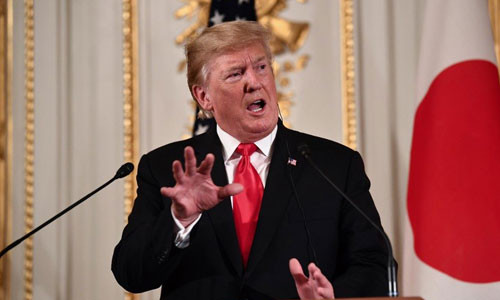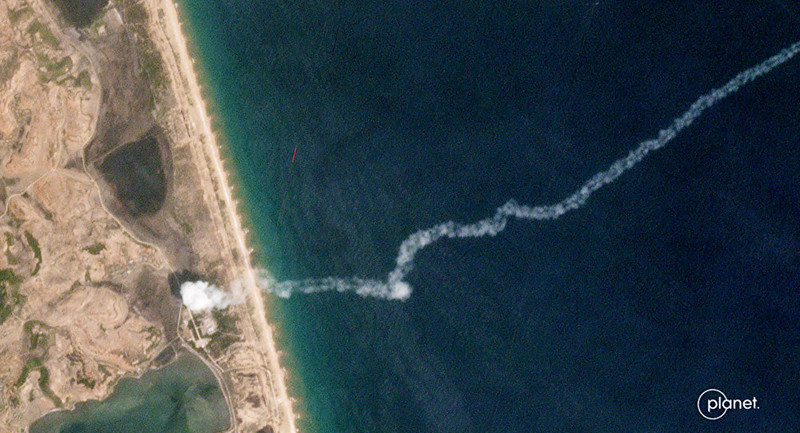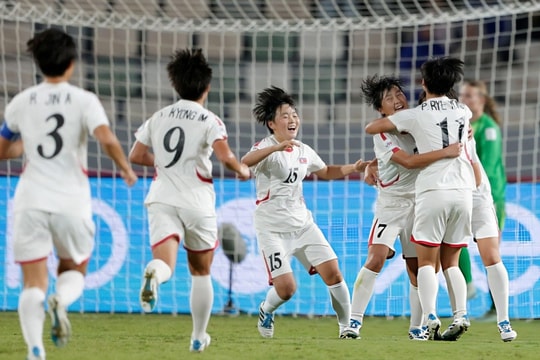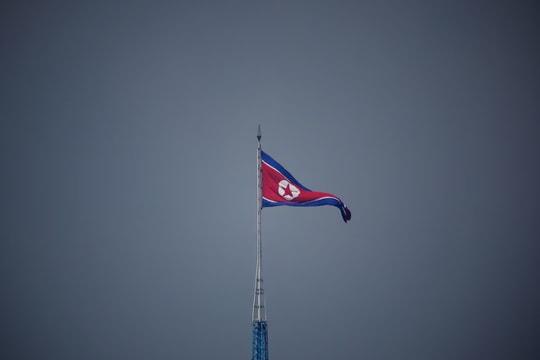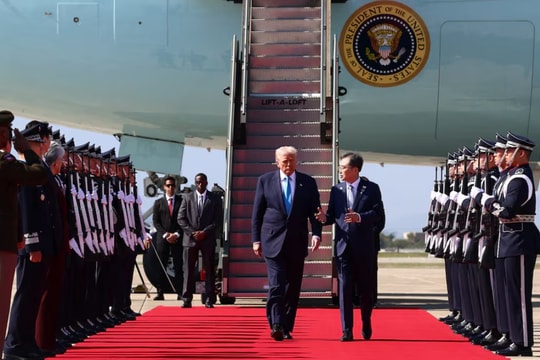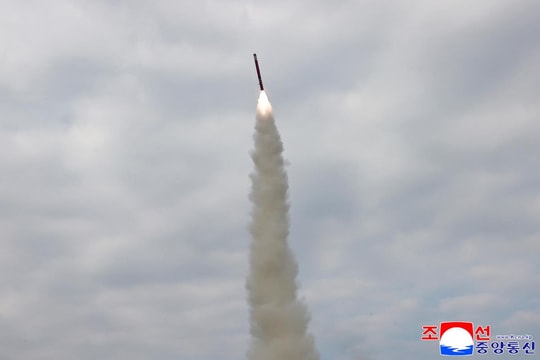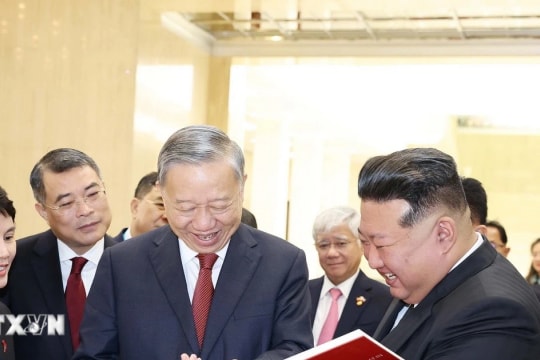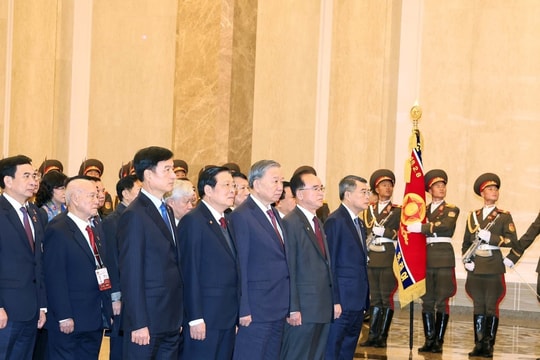North Korea with 'right to self-defense' from missiles; Assassination plot in Jakarta protests
(Baonghean.vn) - North Korea: Giving up missiles means giving up the right to self-defense; Indonesian police reveal assassination plot behind protests; Trump declares he is not seeking 'regime change' in Iran... are the world's top news in the past 24 hours.
Trump says he is not seeking 'regime change' in Iran
|
US President Donald Trump at a press conference in Tokyo, Japan on May 27. Photo: AFP |
"I know a lot of people in Iran, they are great people. Iran has a chance to become a great country with their leadership. I just want to make it clear that we are not looking for regime change, only the goal of not having nuclear weapons in this country," US President Donald Trump said at a joint press conference with Japanese Prime Minister Shinzo Abe in Tokyo on May 27.
"I don't want to hurt Iran at all," Trump said, adding that the previous Iran nuclear deal was "terrible" but that he was open to new negotiations. "I think we'll make a deal," Trump said.
North Korea: Giving up missiles means giving up the right to self-defense
|
North Korea believes that “giving up missile testing means giving up the right to self-defense.” Photo: Reuters |
After North Korea conducted a number of short-range missile launches in early May 2019, US National Security Advisor John Bolton recently declared that Pyongyang violated a United Nations Security Council resolution.
Responding to Mr. Bolton's accusation, the Korean Central News Agency (KCNA) commented on May 27 that Mr. Bolton was wrong to draw such a "conclusion", emphasizing that "giving up missile testing" means "giving up the right to self-defense".
KCNA also quoted a representative of the North Korean Foreign Ministry as saying that the US National Security Advisor was a "war maniac" and that Mr. Bolton would be a destroyer of peace and security.
Indonesian police reveal assassination plot behind protests
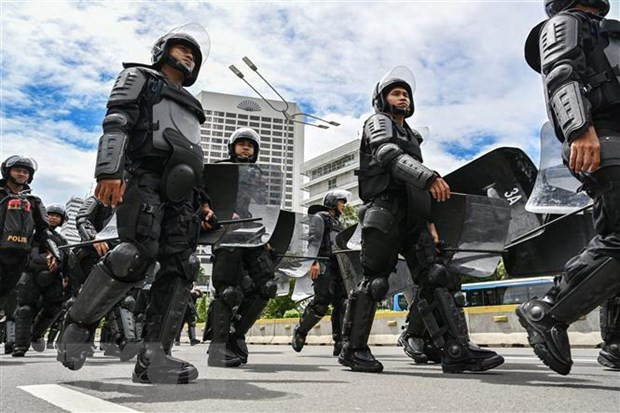 |
| Indonesian police deployed in the capital Jakarta. Photo: AFP/TTXVN |
Indonesian police on May 27 revealed a larger plot behind the violent protests that broke out in the capital Jakarta last week, after the Indonesian Election Commission (KPU) announced the final results of the 2019 presidential and parliamentary elections. Up to four state figures and one person in charge of running the election were targeted for assassination.
National police spokesman Muhammad Iqbal did not reveal the identities of those targeted by the suspects, but said President Joko Widodo was not on the list.
According to Mr. Iqbal, there are 6 suspects, including 1 woman, involved in the above plot. The subjects conducted many transactions to buy and sell guns, as well as received a large amount of money to carry out the plan.
Home Secretary Sajid Javid joins race to become UK prime minister
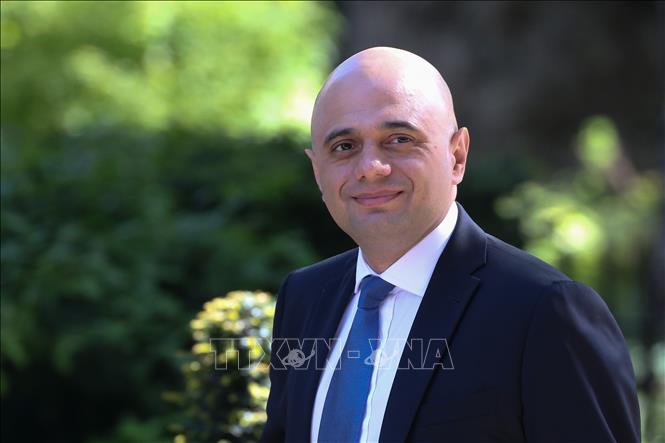 |
| British Home Secretary Sajid Javid. Photo: AFP/TTXVN |
On May 27, British Home Secretary Sajid Javid announced that he would join the race to become the leader to replace Prime Minister Theresa May, with a commitment to work to take Britain out of the European Union (EU), also known as Brexit.
With the above statement, Mr. Javid became the latest person to join the list of Conservative Party candidates running for the position of party leader, which is also the position of prime minister.
The race to replace British Prime Minister Theresa May is heating up. Seven candidates have announced their candidacy, including Health Secretary Matt Hancock, former Brexit Secretary Dominic Raab and former Conservative leader Andrea Leadsom.
Japan restricts foreign investment in the information technology sector
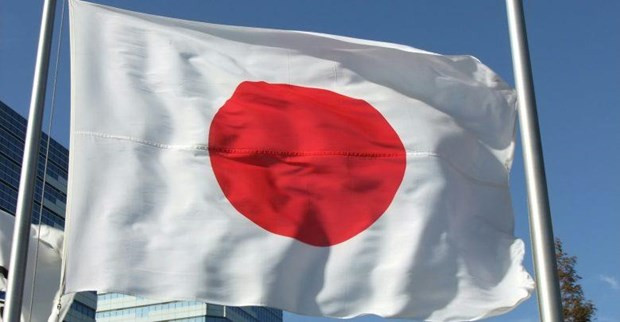 |
| Photo: cryptonewsz.com |
From August this year, Japan will restrict foreign investors from buying shares in the country's information technology companies to prevent the leakage of sensitive information and technology abroad.
In addition to information technology, the Japanese government plans to add 14 more sectors, including mobile phone and computer manufacturing, to the list of restricted foreign investment.
In addition, Tokyo also increased the number of businesses restricted from foreign investment in five sectors currently subject to foreign investment restrictions. Under the new regulations, foreign investors will have to notify the Japanese government when they want to own more than 10% of shares in listed companies or buy shares of unlisted companies.

